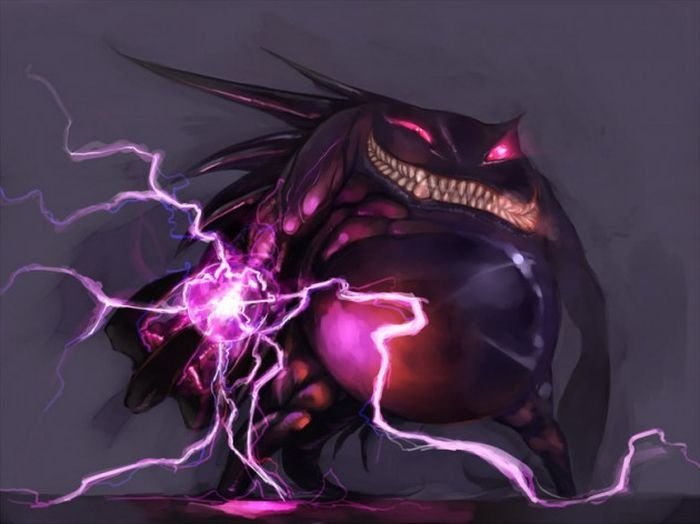|
|
Pokémon Drawing
|
Pokémon, being a popular franchise, has undoubtedly left its mark on pop culture. The Pokémon characters themselves have become pop culture icons; examples include two different Pikachu balloons in the Macy's Thanksgiving Day Parade, Pokémon Jets operated by All Nippon Airways, thousands of merchandise items, and a theme park in Nagoya, Japan in 2005 and Taipei in 2006. Pokémon also appeared on the cover of the U.S. magazine Time in 1999. The Comedy Central show Drawn Together has a character named Ling-Ling which is a direct parody of Pikachu. Several other shows such as ReBoot, The Simpsons, South Park, The Grim Adventures of Billy & Mandy, Robot Chicken,All Grown Up! and Johnny Test have made references and spoofs of Pokémon, among other series. Pokémon was also featured on VH1's I Love the '90s: Part Deux. A live action show called Pokémon Live! toured the United States in late 2000. It was based on the popular Pokémon anime, but had some continuity errors relating to it. In music, Alex Day has released a song titled "Pokémon, What Happened to you...".
In November 2001, Nintendo opened a store called the Pokémon Center in New York, in New York's Rockefeller Center, modeled after the two other Pokémon Center stores in Tokyo and Osaka and named after a staple of the video game series; Pokémon Centers are fictional buildings where Trainers take their injured Pokémon to be healed after combat. The store sold Pokémon merchandise on a total of two floors, with items ranging from collectible shirts to stuffed Pokémon plushies. The store also featured a Pokémon Distributing Machine in which players would place their game to receive an egg of a Pokémon that is being given out at that time. The store also had tables that were open for players of the Pokémon Trading Card Game to duel each other or an employee. The store was closed and replaced by the Nintendo World Store on May 14, 2005.
Joseph Jay Tobin theorizes that the success of the franchise was mainly due to the long list of names that could be learned by children and repeated in their peer groups. The rich fictional universe provided a lot of opportunities for discussion and demonstration of knowledge in front of their peers. In the French version Nintendo took care to translate the name of the creatures so that they reflected the French culture and language. In all cases the names of the creatures were linked to its characteristics, which converged with the children's belief that names have symbolic power. Children could pick their favourite Pokémon and affirm their individuality while at the same time affirming their conformance to the values of the group, and they could distinguish themselves from other kids by asserting what they liked and what they didn't like from every chapter. Pokémon gained popularity because it provided a sense of identity to a wide variety of children, and lost it quickly when many of those children found that the identity groups were too big and searched for identities that would distinguish them into smaller groups.
|
|









